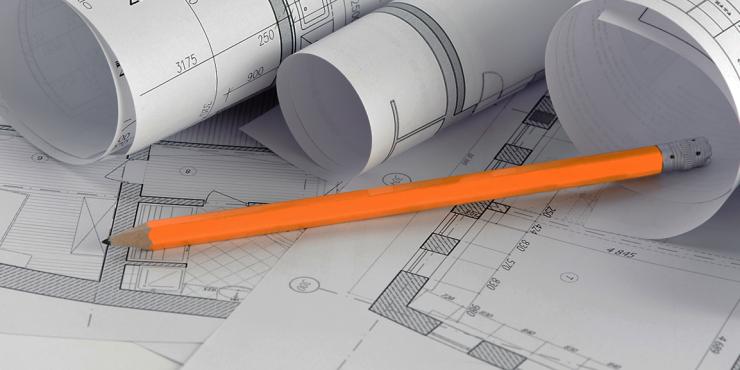Pierce Atwood’s construction lawyers help clients in heavy civil construction and the building industries achieve successful outcomes on some of the largest and most complex private, institutional, and public projects throughout New England and nationwide.
Pierce Atwood construction lawyers provide a depth of industry-specific knowledge gained through decades of representing developers, private and public owners, energy project developers, construction managers, general contractors, subcontractors, suppliers, design professionals, and sureties through all phases of their projects—from pre-construction planning and the development of an appropriate project delivery system through final payment and close-out.
As construction lawyers, we know that our role is not merely to serve as zealous advocates in times of dispute, but to be proactive business and legal advisors, guiding clients through the complicated legal and regulatory environments in which they must operate; and working together to mitigate risks and successfully deliver the project.
Pierce Atwood's construction law attorneys work to anticipate and prevent disputes and claims that can threaten a project’s success and our clients’ relationships with project stakeholders. When disputes arise, we draw upon the wealth of mediation and other alternative dispute resolution methods available to best serve our clients’ interests in delivering projects safely, on time, and on budget.
And, in an industry where controlling costs is both a challenge and a necessity, clients find our legal fees to be transparent and predictable, which helps them manage their budgets confidently and effectively.
Our construction attorneys stay up-to-the-minute on issues impacting the industry by serving in leadership positions in construction bar and trade groups such as the American College of Construction Lawyers, ABA Forum on Construction Law, Associated General Contractors (AGC), Associated Builders and Contractors (ABC), Construction Industries of Massachusetts (CIM), National Construction Dispute Resolution Committee (NCDRC), and the American Arbitration Association (AAA). In addition, our construction lawyers testify before state legislatures on matters impacting the industry, and regularly publish and speak on today’s critical issues.
Pierce Atwood's construction lawyers bring the resources of a highly respected, interdisciplinary firm accustomed to addressing significant contemporary issues in finance, insurance, real estate law, environmental and land use regulation, labor and employment, and other areas of expertise critical to a project’s success.
